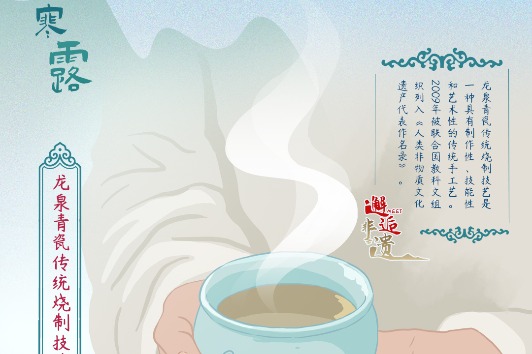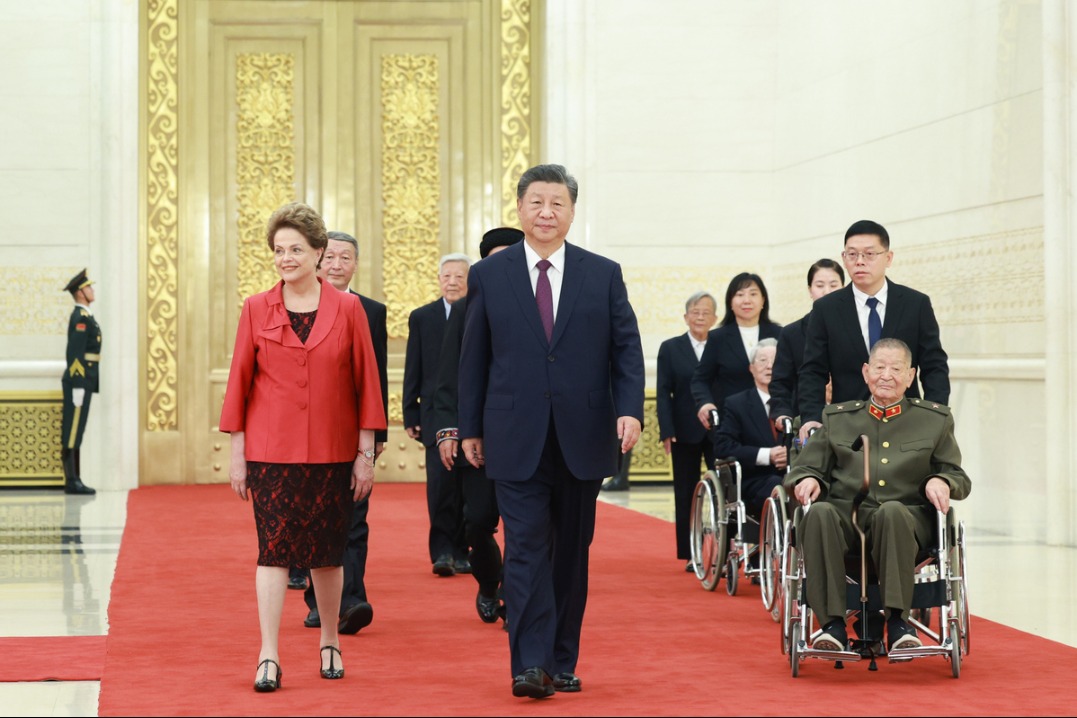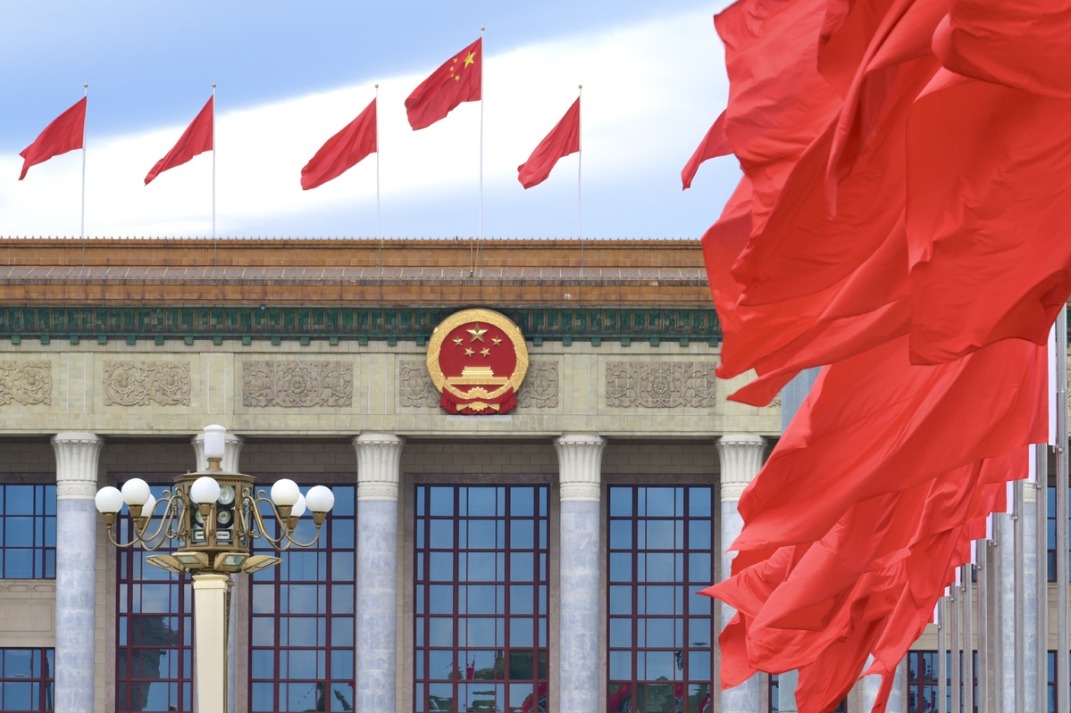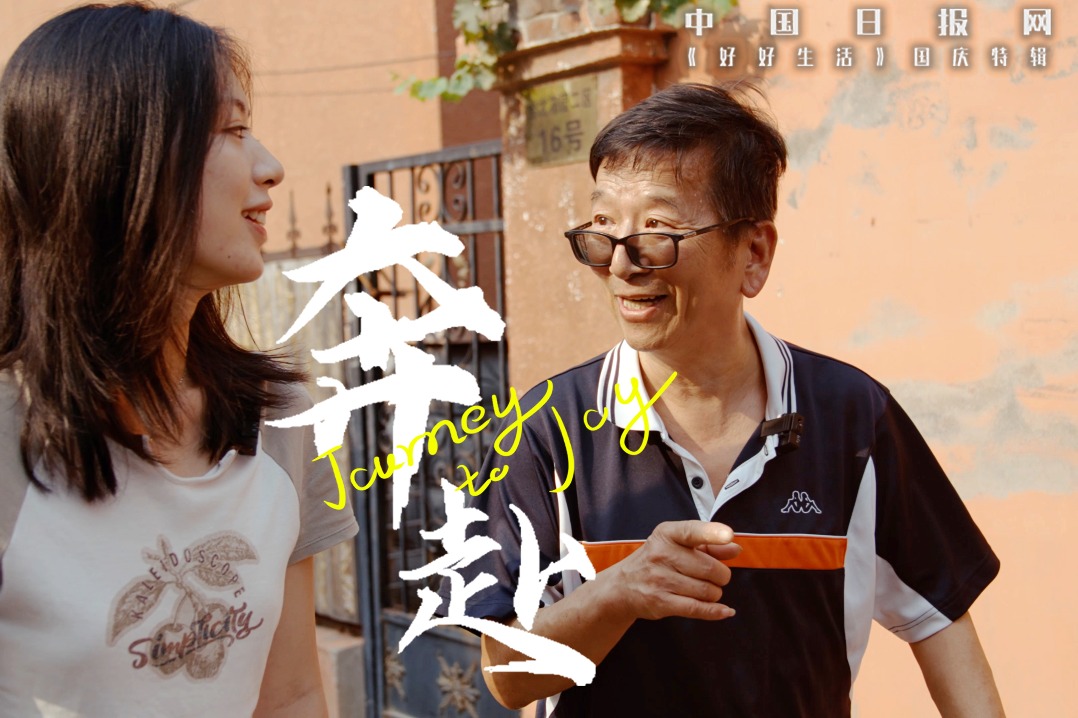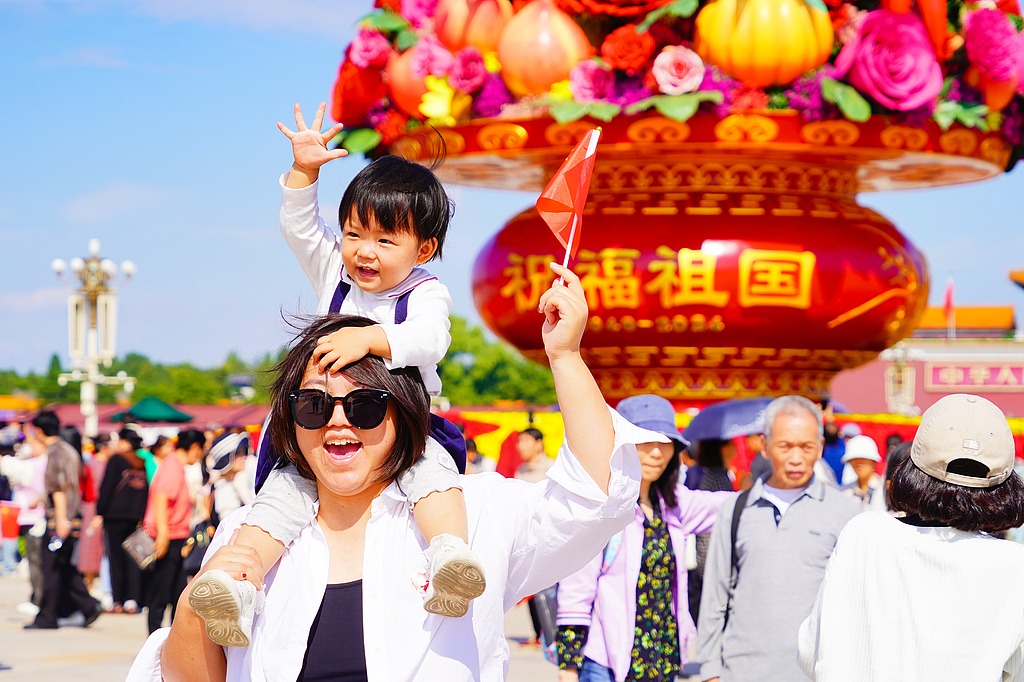Forum honors Flying Tigers' lasting legacy
Granddaughter tells of general's loyalty to Chinese people, celebrates friendship
By RENA LI in Los Angeles | China Daily | Updated: 2024-08-06 09:15
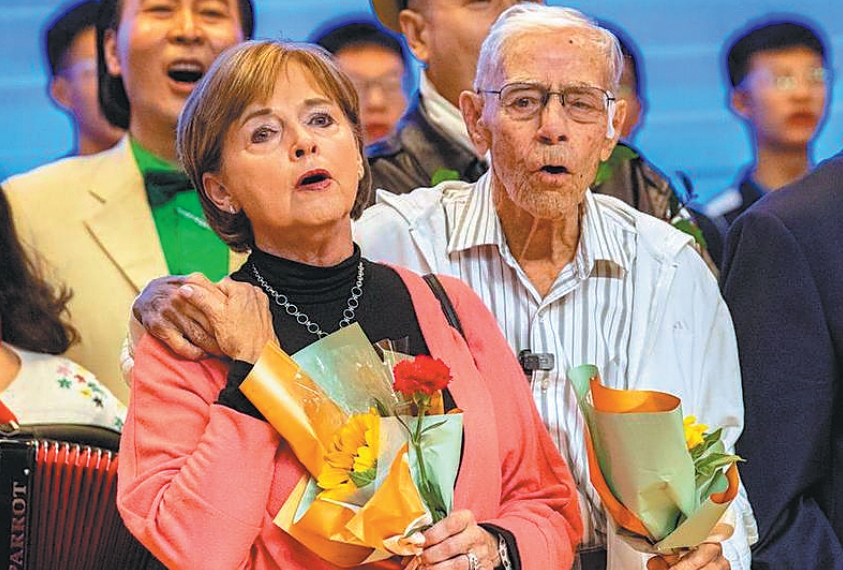
The granddaughter of US General Claire Lee Chennault, the founder of the World War II-era Flying Tigers, said he remained in China because he "heard the cries for help".
When Chennault decided to stay behind and offer his services to China in July 1937, the US government threatened to revoke his citizenship if he did not return home and cease helping China.
However, his compassion was unwavering and he accepted his new role as an adviser to the Chinese Air Force, said his granddaughter Nell Calloway, director of the Chennault Aviation and Military Museum in Monroe, Louisiana.
Calloway recalled her grandfather's story at a recent gathering of the new generation of Flying Tigers, formerly known as the American Volunteer Group, during the 45th Anniversary of US-China Diplomatic Relations Forum hosted by Flying Tigers-friendly organizations.
The celebration was held in Whittier, California, a city in Los Angeles County and the hometown of former US president Richard Nixon, as the Flying Tigers organizations aim to carry on the fighter pilots' spirit and their friendship between the two peoples.
Chennault arrived in China on June 1, 1937, but it was not easy for him to stay in a foreign land as he was hard of hearing and did not understand the language.
"He stayed because he heard the cries for help from a people in desperate need," Calloway said. "He did not let cultural differences, political affiliation or ideology stand in the way of his humanity or serving his fellow man."
When the war was over, Chennault wrote in his 1949 memoir Way of a Fighter, "It is my fondest hope that the sign of the Flying Tiger remains aloft just as long as it is needed and that it will always be remembered on both shores of the Pacific as the symbol of two great peoples working toward a common goal in war and peace."
The legacy of the Flying Tigers shows how much the United States and China can accomplish together over the course of history, said US Representative Judy Chu of California.
Risking lives for peace
"I was so impressed that so many brave young men quit their jobs to volunteer to fight with the Chinese to protect China from her enemies," Chu told the audience. "And they weren't even an official part of the US military because the US was not yet at war with Japan, but these men were still willing to risk their lives for peace."
The Flying Tigers produced 39 US aces during their brief combat history. The official tally of the American Volunteer Group at the time was 299 Japanese planes destroyed in seven months.
In March 1943, Chennault, then a major general, was made the commander of the 14th Air Force, which was formed out of the China Air Task Force.
When the US eventually entered World War II, thousands more went on to serve in both Asia and Europe, including another 20,000 Chinese Americans like Chu's father, who fought for the US despite facing racial discrimination at home because of the Chinese Exclusion Act (1882-1943).
"For my father's whole life, he was so proud of his service to his country. Of course, I thought of him when Congress passed legislation in 2018 to finally award the 20,000 Chinese American veterans who fought in World War II with the Congressional Gold Medal, the highest civilian honor," Chu said.
Reciprocal gratitude
As the Flying Tigers fought alongside the Chinese people to resist Japanese aggression, the Chinese were deeply grateful for their contributions and went to great lengths to rescue and protect them.
Hundreds of Flying Tigers were saved, at the cost of thousands of Chinese soldiers and civilians who sacrificed their lives.
"This is a glorious and honorable chapter written by the people of our two great nations with flesh and blood in defending world peace and justice," said Chinese Consul General in Los Angeles Guo Shaochun.
In the 1970s, in a demonstration of political courage and strategic vision, Chinese and US leaders made the historic decision to reopen exchanges.
In 1972, Nixon visited China, and a handshake extended to Premier Zhou Enlai crossed the Pacific, ending decades of disengagement. The two countries established formal diplomatic relations on Jan 1, 1979, which marked the beginning of a new chapter in friendly bilateral exchanges.
Over the past 45 years, the China-US relationship has forged ahead despite twists and turns, growing into the most important bilateral relationship in the world, Guo said.
"There are so many lessons we may learn from the 45-year history. The most important one is that both China and the US gain from cooperation and lose from confrontation, and working together is our only correct choice," he said. "The broadest consensus is that we should make the China-US relationship work rather than mess it up. The only right way to get along is mutual respect, peaceful coexistence and win-win cooperation."
This year, efforts have increased on both sides to collect and promote the stories. Local schools, especially the alma maters of Flying Tigers veterans, have joined the Flying Tigers Friendship School program.
More US teenagers are visiting China to attend Flying Tigers-themed summer camps, helping to build bridges of mutual understanding and friendship between China and the US, Guo said.
"This year marks the 45th anniversary of the China-US diplomatic relationship. We have every reason to carry on the friendship forged by the Flying Tigers, promote its spirit among the younger generation and inject youthful strength into China-US relations," he said.
renali@chinadailyusa.com






